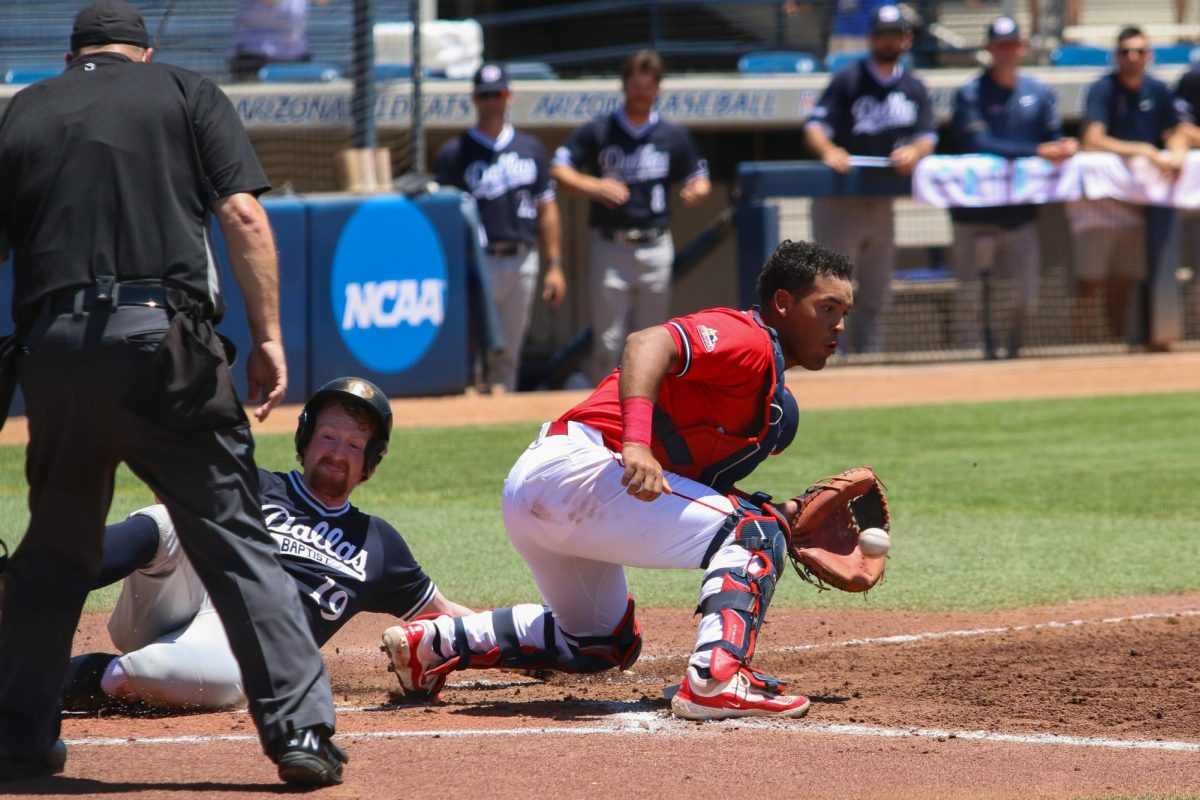Comic books are a versatile medium. They are also one of the least filtered ways to tell a story. More often than not, you get the story that the writer and artist had in mind. Here is but a small selection of comics from best-selling authors and newcomers, from major publishers to the self-published.
The Guild, issue 1
The popular online sitcom series has now reached a new level of geekdom: having its own comic book. Written by Guild cast member Felicia Day and illustrated by Jim Rugg, the first issue of “”The Guild”” looks at the origin of Cyd Sherman as she travels the awkward road to becoming her online alter ego Codex.
Cyd is painfully inept at social interaction, lacks self-confidence and performs at the local symphony orchestra with little hope of being first chair. She has a narcissistic boyfriend who doesn’t listen. (Actually, he does hear Cyd, but only as it concerns his new band.) Her therapist prescribes antidepressants rather than giving advice. While posting flyers for her boyfriend’s band, Cyd comes across an online game and becomes enamored with the idea of becoming a completely new person.
Given that this is the first issue, Guild fans should not expect the same snappy pace as the online series. But Day does a wonderful job of filling in Cyd’s background story, which has only been alluded to in the episodes. Rugg brings clean linework to Cyd’s “”real world,”” reminiscent of Daniel Clowes and Charles Burns, and brings a dynamic layout to the story. As promising a start as a new avatar.
Grade: B+
—
American Vampire, issue 1
Scott Snyder and Stephen King split writing duties on this new take on vampires. And yes, this is the same Stephen King who wrote “”The Shining,”” “”Pet Semetary”” and “”Salem’s Lot.”” “”American Vampire”” marks King’s first comic book work. As with most beginnings, Snyder and King are laying the groundwork for this ongoing series. Snyder leads with the main story while King covers backstory, and they handle them well. They still suffer from the novice tendency to pack most pages with dialogue and captions, but artist Rafael Albuquerque can convey their stories with clarity. It will be interesting to see Snyder and King develop as writers in an unfamiliar medium.
Grade: B
—
Horrible Little People
Tucson’s Dave Baker & Eric M. Esquivel craft a tale of socially awkward people with imperfect lives. These characters bounce around obscure pop culture references, sling jokes that teeter between cruelty and farce and make bad decisions. Sure, they wear dinosaur and animal costumes, yet it all somehow makes sense. If you’re looking for a story with an uplifting ending or moral, you should look elsewhere. If you’re looking for a story filled with grim humor and pitiful characters trying to know themselves, each other and their fishbowl world, keep reading.
Grade: B
—
Beneath the clamor of a decade of comic books being converted into summer movie blockbusters and packed onto chain bookstore shelves, the creators of minicomics have labored quietly and steadily in their own world. Some, like Jeffrey Brown’s work for Top Shelf Productions, breach the consciousness of the comic book audience and reach beyond its limited confines. For most creators, however, success is determined not in how many distributors they can sell to, but how many non-family and friends are willing to look at their work, let alone buy it.
Yet what is so attractive about a minicomic is that it can be personal in story and presentation.
Corinne Mucha’s “”My Every Single Thought: What I Think About Being Single”” is crudely drawn. However, it reads as if you’re spending time with a good friend who sees the world a little differently and has a great sense of humor, especially about being newly single. Each one- or two-page anecdote and stream-of-conscious episode works well alone and as a whole, much like a TV series. Worth reading for the second or 32nd time.
Grade: A
—
Jarod Rosello’s “”The Well-dressed Bear Will Develop Intimacy Issues Later in Life”” addresses the same anxiety of being lonely and single as Mucha’s minicomic. But instead of flights of fancy and thematic episodes, Rosello approaches the topic through an allegorical tale of an urbanized and urbane bear who believes that improving his wardrobe and taking of his dry paws will help his self-esteem, and thus his relationships with women. The empty spaces that surround the simple pattern of a text page followed by an illustration page gives greater impact to each insight and realization. Rosello does a great job of inviting our sympathy with his simple, effective illustrations.
Grade: A-
—
Inspired by a brief stint as a model, Monica Gallagher’s “”Boobage”” delves into Gallagher’s battles with low self-esteem stemming from her small breasts. Of the three minicomics, “”Boobage”” is the most polished and stylized, and it resembles what we would expect from a more mainstream comic book in terms of presentation and layout, which isn’t surprising given that Gallagher works as a graphic designer. With such a topic, Gallagher wisely avoids veering into a rant. She makes her point with concise anecdotes and lovely brushwork as personal as her story.
Grade: B+








